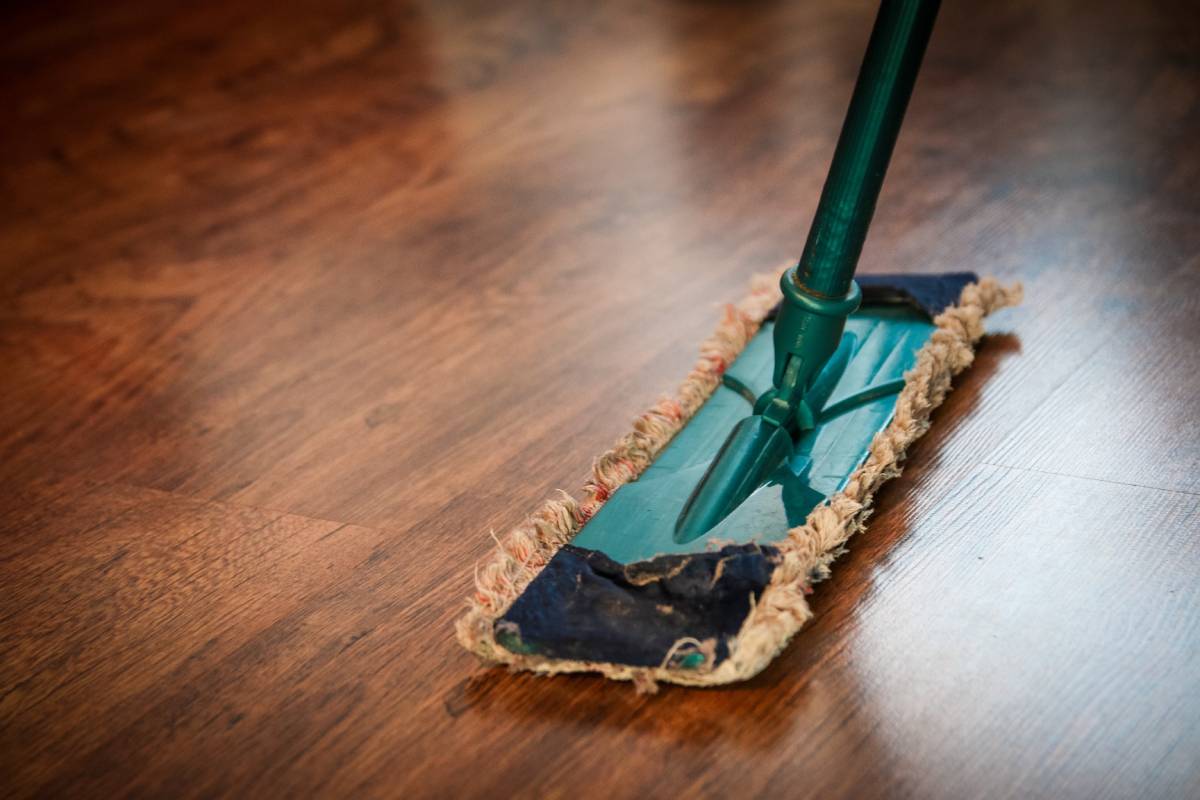7 hygiene habits for a clean, germ-free home

With the outbreak of the 2019-nCoV virus, it's more important than ever to be vigilant when it comes to hygiene. Here, we share seven tips on stepping up your cleaning routine, and keeping your home and family healthy and germ-free.
1. WIPE DOWN YOUR TECH.

Did you know that the average mobile phone has more germs on it than a toilet seat?
That's because our hands are on it almost constantly, whether it's after you've opened a door, eaten a meal, or held on to a rail on public transport. The oils left by our skin can help bacteria thrive.
Make it a habit to wipe down all your tech - including mobile phones and keyboards - on a daily basis, and avoid lending it to others during this period, because viruses can be spread if a sick person coughs or sneezes while using it.
2. SWITCH ON THE AIR PURIFIER.

Air purifiers, usually taken out of storage when it's haze season in Singapore, can come in handy during this time too. Most of them filter large particles such as dust mites and pollen, which helps to reduce the chances of breathing in irritants that can cause coughs.
If yours has a HEPA (High Efficiency Particulate Air) filter, it can trap particles as small as 0.3 microns, which includes many bacteria and some viruses.
There are some purifiers that can do more.
We particularly like the Biotica 800, an air purifier which releases probiotics into the air and onto the surfaces of your home, covering an area of up to 80sqm. The probiotics (which are good bacteria) can help to fight off the bad bacteria and viruses.
3. WASH YOUR HANDS FREQUENTLY, AND WELL.

This should go without saying, but proper hand-washing is an essential habit to develop, especially for young children. To inculcate this habit, consider putting up a chart above the washbasin that details the steps of hand-washing.
You can also use an automatic soap dispenser to minimise contact with dirty hands.
4. CLEAN MORE FREQUENTLY, ESPECIALLY IN HIGH-TRAFFIC AREAS OF THE HOME.

Germs can get trekked in from outside, especially if you have family members who regularly come home and spend some time without changing their clothes or showering.
The same goes for when friends and relatives visit your home over the festive season.
Make sure your home is not only vacuumed regularly, but also mopped down and wiped - don't forget the door knobs! - with a solution of warm water and white vinegar (1/2 cup for every 3-4 litres of water). The acetic acid in white vinegar kills bacteria and viruses.
5. USE HEAT TO SANITISE FABRICS.

[[nid:449110]]
If you haven't already, get your sofa, carpets, and car steam-cleaned - especially if they have seen plenty of traffic from the festive season. The steaming helps you deodorise and sanitise these surfaces without having to use chemicals.
Similarly, if you have hand or kitchen towels that are used frequently by several people, do a very hot wash for them (60C and above) at least once a week to get rid of microbes that thrive on damp surfaces.
Check the laundry care instructions first before doing so.
6. BAGS, SHOES, AND LAUNDRY SHOULD BE 'QUARANTINED'.

As items that are exposed to the public - and that can be coughed or sneezed on - bags, shoes, and the clothes you wear outside should be cleaned regularly and stored properly, especially if you have little ones who like to grab things and put them in their mouth.
Designate a cupboard to store all bags near the entryway, and make it a point to put away shoes and dirty laundry in their respective places as soon as possible instead of having them left around the house.
7. USE ANTIBACTERIAL WIPES (THAT DON'T NEGATIVELY IMPACT THE ENVIRONMENT).

Though washing our hands with hot water and soap is the best way to get rid of nasties, sometimes washing facilities aren't always available - in which case antibacterial wipes come in handy.
When buying wipes, look out for the materials used. Some are made of polyester and can take hundreds of years to decompose, and can cause severe clogging and pollution.
Instead, opt for something that's compostable, like Method wipes which are made out of wood-based fibres. Alternatively, simply use hand sanitiser instead of wipes, so there's nothing to dispose of.
Stay safe and healthy!
This article was first published in Home & Decor.